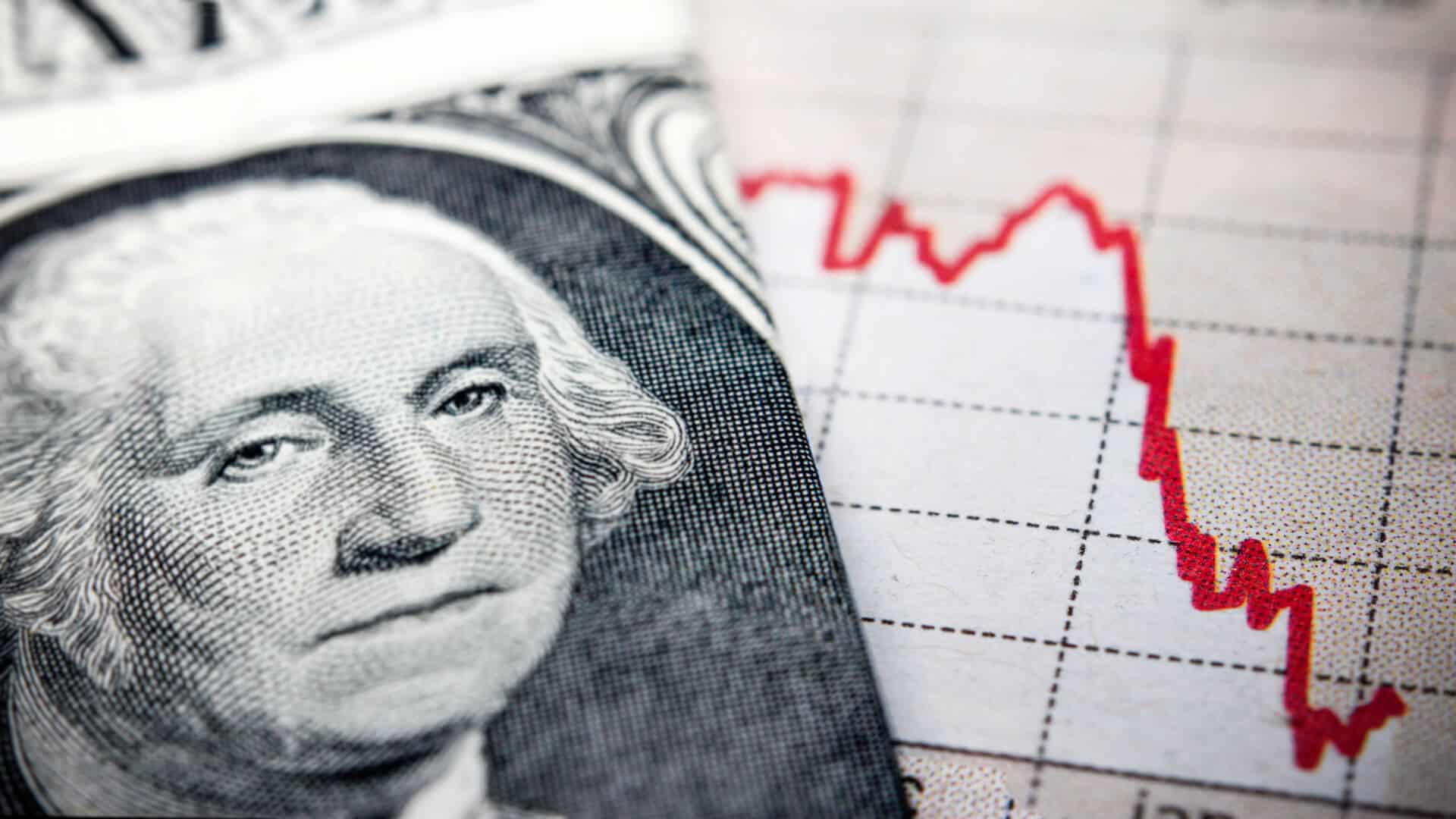If you’re like most people, just hearing the word “recession” is enough to spur feelings of anxiety, dread, and fear. For those impacted by the economic downturn of the Great Recession of 2007-2009, this word carries troubling memories and concerns about the impact of a future recession. A recession is a period of economic decline, where factors like trade, GDP, and employment fall for two consecutive quarters. Because of the structure of our economy, and its cyclical nature, recessions are inevitable. However, you can create a financial plan that allows you to feel confident about handling this event. Here are some strategies you can begin to implement today to handle a possible recession in 2020.
Start or Build an Emergency Fund
If you are starting to fear the signs of a potential recession in 2020, that is all the more reason to begin preparing today. One of the first crucial steps you can take is to build an emergency fund. This fund allows you to take care of your expenses for six to 12 months in case you lose your job or are unable to work. As we all know, layoffs typically accompany recessions, so be sure to have this fund up-and-running as soon as possible.
Get Rid of or Minimize Debt
You will feel much less stress about facing a recession if you reduce your debt obligations. During a recession, you will still be responsible for paying housing and vehicle expenses along with managing your day to day finances. These obligations quickly add up. A credit card balance with a high-interest rate can cause everything to come crumbling down. Reduce your debt associated with high-interest credit cards and minimize student loan debt if possible.
Have a Rainy-Day Fund
In case you don’t see the trend here, savings are vital in getting through a recession. While you are building your emergency fund to weather any change in your employment, it is a good idea to set aside another fund. A rainy-day fund could be as little as $1,000 that you can grab in the event an unexpected expense emerges. For example, if your car breaks down, your rainy-day fund allows you to take care of the repair cost without using a credit card or taking out a loan.
Develop a Side Hustle
Professionals all over the world are taking advantage of the digital age to work on the side as freelancers or build side businesses. While your current full-time job may provide most of your income, don’t put all your eggs in one basket. Having a side hustle or side business allows you to lean on another income stream if your primary source of income disappears or decreases. Whether you deliver groceries, take care of children or assist businesses online, find something you can rely on so you’re able to financially take care of yourself if your main income decreases.
Avoid Taking on New Investment Risks
Whatever your investment strategy is, either stick with it or adjust it with the help of a trusted financial advisor. Next year is likely not the best time to take on new investment strategies or increase your portfolio’s risk. There could be advantages to sticking with your current plan, or you may want to become a bit more conservative. Whatever it is, don’t change up the script too much.
You Can Thrive During Recession 2020
A recession brings volatility to economic markets. Since you know the potential trouble it can cause, start preparing for the impact of a potential recession in 2020 today. You don’t have to be afraid for the future, and taking steps to get ready can save you in the short and long-run.
If you have specific questions about the financial plan you should develop in preparation for recession 2020, I can help. Schedule a 1-on-1 coaching session with me so I can support you in preparing your finances to thrive no matter what the future holds.








